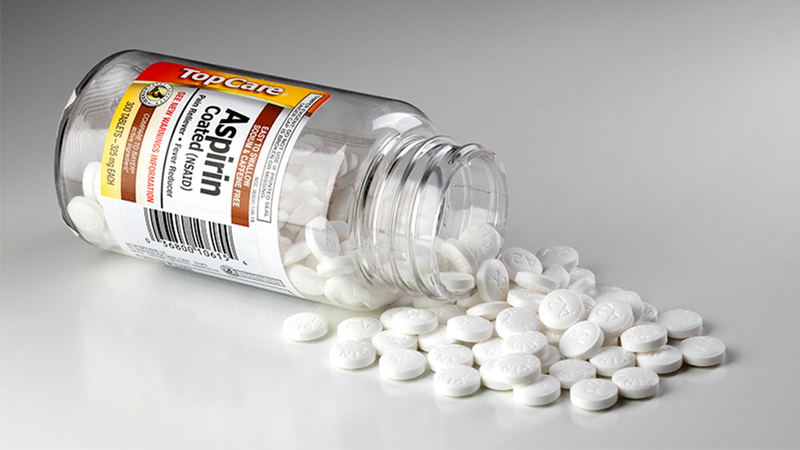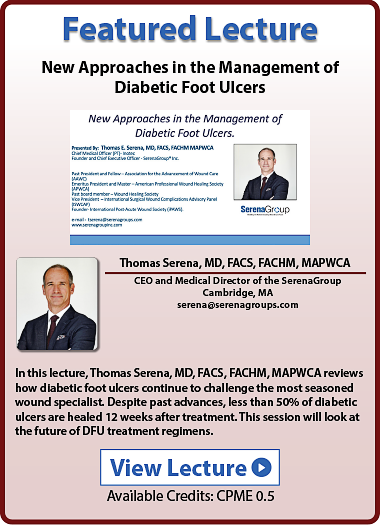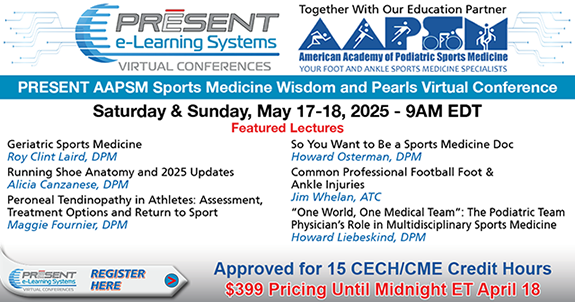Practice Perfect 958
Aspirin-Only for DVT Prophylaxis?
Aspirin-Only for DVT Prophylaxis?

Despite being in practice for nearly 20 years, I have always found the topic of DVT prophylaxis in foot and ankle surgery to be somewhat nebulous and a generally unanswered question, despite the significant amount of literature on the topic. Is mechanical prophylaxis enough? Should we prophylax with low molecular weight heparins (such as Lovenox®) or are the new medications like factor Xa inhibitors (such as apixaban) sufficient? Is the prevalence of DVT high enough to even bother with prophylaxis at all? Each of these questions are worth significant study, but today we’re going to examine a new and interesting recent study about aspirin. This study raises the question, should we move to aspirin-only DVT prophylaxis?
Should we move to aspirin only DVT prophylaxis?
The reason I find this topic interesting is if we determined that simply prescribing an aspirin postoperatively eliminated the risk of DVT, then all of the above questions become moot. This would simplify the entire DVT risk problem and avoid the complexity behind the above questions. Let’s get to it…
Hong and colleagues recently published a metanalysis and systematic review comparing aspirin to oral anticoagulants for the prevention of DVT after hip arthroplasty . Now, before we get to the details, I know what you’re thinking. “Shapiro, what does hip arthroplasty have to do with foot and ankle surgery?” Well, on the surface I’ll agree that hip arthroplasty is not foot or ankle surgery, but of all the orthopedic procedures, hip arthroplasty runs near the top in prevalence of postoperative DVT (much higher than any foot or ankle procedure). Thus, if a prophylaxis method can stop DVT after this surgery, it’s reasonable to assume it would prevent it in podiatric surgery with the additional benefits of low cost and decreased bleeding risk.
The inclusion criteria give us a feel for the quality of the reported results:
1. Randomized controlled trials in adults > 18 years old undergoing hip arthroplasty.
2. Studies report outcomes including VTE, DVT, and PE.
3. Protocols with an aspirin arm and an oral anticoagulant arm.
4. Anticoagulant administration > 14 days.
The study selection methods were reasonable and comprehensive, and their methods conformed to the PRISMA guidelines (the current standard for systematic reviews), and these authors included a tie-breaking method with a third reviewer if there was lack of consensus with the first two reviewers. They performed a risk of bias analysis, including a good summary figure. After their search, they found 11 total studies (5 considered low quality, 4 moderate quality, and 2 high quality), including 4717 patients with 2366 in the aspirin group and 2351 in the control group.
The primary outcome analysis - risk of VTE, DVT, or PE - was found to be the same between both groups (aspirin versus direct oral anticoagulants), and they found no heterogeneity in the studies. I mention this because the metanalysis outcomes are much more valid when the studies are homogeneous, allowing for a legitimate comparison between studies. After review, the pooled risk of DVT and PE were not significantly different between aspirin and direct oral anticoagulants. Let’s emphasize this:
The risk of DVT and PE after hip arthroplasty in 4717 patients from 11 homogeneous studies did not change whether aspirin or direct oral anticoagulants were used with no difference in side effects.
I’m including Table 2 from their study1 for those interested in the actual listed outcomes.

The results of this high-quality systemic review and metanalysis lend strong evidence that aspirin alone may be used to prevent postoperative venous thromboembolism in patients undergoing hip arthroplasty, and as mentioned previously, extrapolating this higher risk procedure to foot and ankle surgery, it seems reasonable to assume we can apply these results to podiatric procedures.
I show strong evidence above that aspirin alone may be used to prevent postoperative DVT in foot and ankle surgery
These encouraging results in a strong study are practice changing and will lead this surgeon to prescribing postop aspirin alone.
Good luck on your next procedure and best wishes.

Jarrod Shapiro, DPM
PRESENT Practice Perfect Editor
[email protected]

- Hong Z, Su Y, Zhang L, Luo H. Aspirin Is as Effective and Safe as Oral Anticoagulants for Venous Thromboembolism Prophylaxis After Joint Arthroplasty: A Systematic Review and Meta-Analysis of Randomized Clinical Trials. J Bone Joint Surg. 2025 Apr 2:107(7):760-770.
Follow this link
























Comments
There are 0 comments for this article